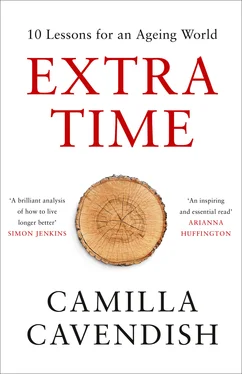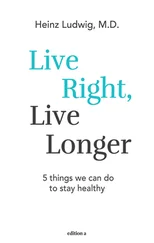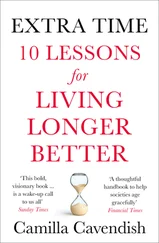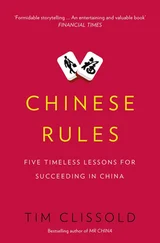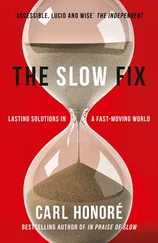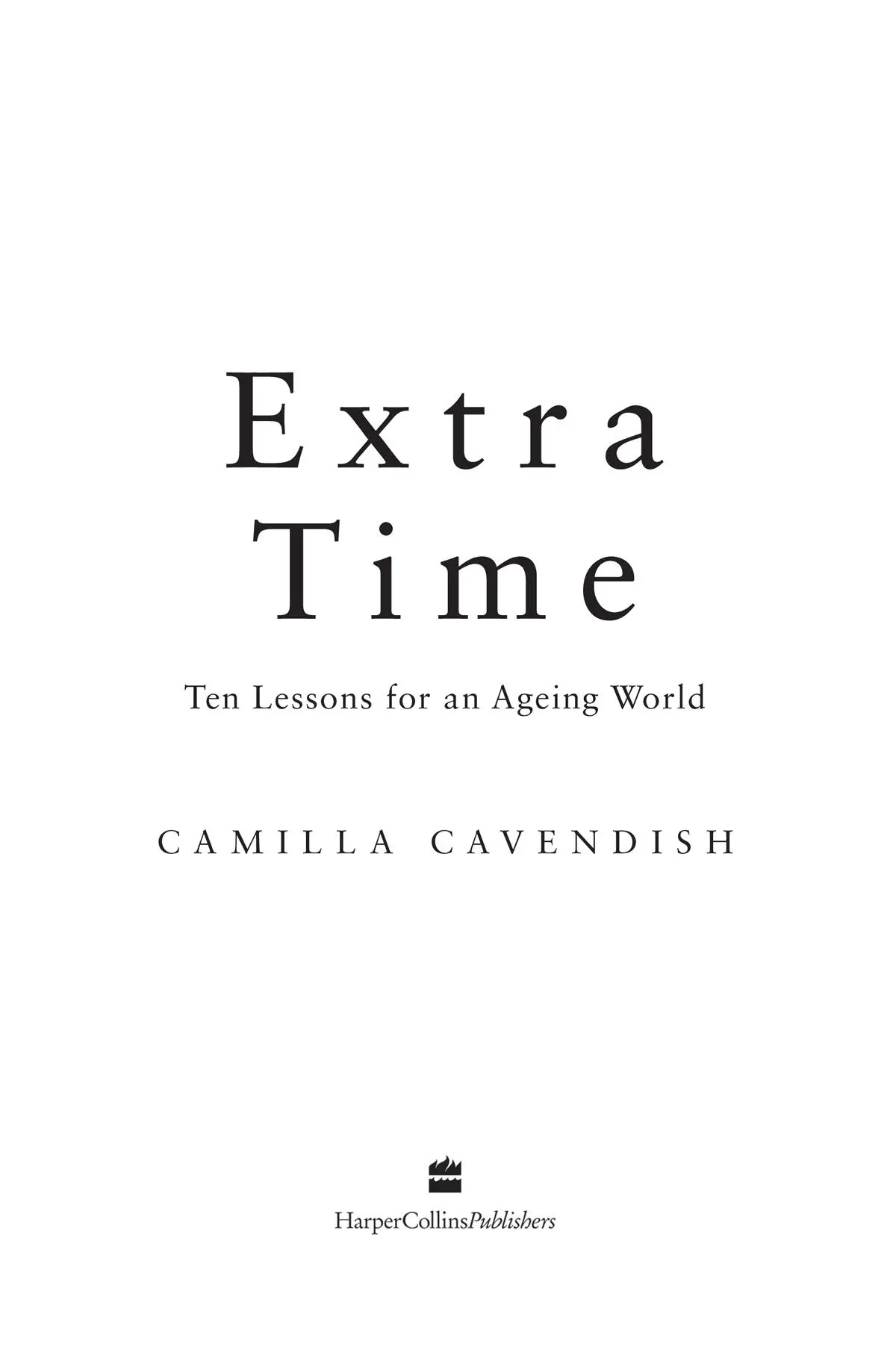
HarperCollins Publishers
1 London Bridge Street
London SE1 9GF
www.harpercollins.co.uk
First published by HarperCollins Publishers 2019
FIRST EDITION
Text © Camilla Cavendish 2019
Illustrations © HarperCollins Publishers 2019
Cover design by Steve Leard © HarperCollins Publishers 2019
Cover photograph © Shutterstock.com
A catalogue record of this book is available from the British Library
Camilla Cavendish asserts the moral right to be identified as the author of this work
All rights reserved under International and Pan-American Copyright Conventions. By payment of the required fees, you have been granted the nonexclusive, non-transferable right to access and read the text of this e-book on screen. No part of this text may be reproduced, transmitted, downloaded, decompiled, reverse engineered, or stored in or introduced into any information storage retrieval system, in any form or by any means, whether electronic or mechanical, now known or hereinafter invented, without the express written permission of HarperCollins e-books.
Find out about HarperCollins and the environment at www.harpercollins.co.uk/green
Source ISBN: 9780008295158
Ebook Edition © May 2019 ISBN: 9780008295189
Version 2019-04-25
Cover
Title Page
Copyright
Dedication
Introduction
The New World of Extra Time
1 The Death of Birth
Demography tips the balance of power
2 Younger Than You Thought
The stages of life are changing
3 Just Do It
If exercise and diet was a pill, we’d all be taking it
4 No Desire to Retire
Don’t give up the day job
5 New Neurons
Old brains can learn new tricks – and they must, to keep in shape
6 In the Genes
Immortality isn’t here yet, but anti-ageing drugs are on the way
7 Out of the Ghetto
Everyone needs a neighbourhood
8 Health Revolution
Robots care for you, humans care about you
9 Finding Ikigai
Purpose Is Vital
10 Generation Hexed
We need a new social contract
Epilogue
A Different, Better World
Endnotes
Further Reading
Acknowledgements
List of Searchable Terms
About the Publisher
In memory of Richard Cavendish,
1930–2016
Introduction
The New World of Extra Time
IN 2018, A DUTCHMAN began a court battle to make himself legally 20 years younger. Emile Ratelband, 69, told a court in Arnhem in the Netherlands that he did not feel ‘comfortable’ with his official chronological age, which did not reflect his emotional state – and was preventing him from finding work, or love online. He wanted to change his date of birth from 11 March 1949 to 11 March 1969.
Doctors had told him that his body was that of a 45-year-old, Ratelband argued. ‘When I’m 69,’ he said, ‘I am limited. If I’m 49, I can take up more work. When I’m on Tinder and it says I’m 69, I’m outdated.’ His friends had urged him to lie, he claimed, but ‘if you lie, you have to remember everything you say’.
Ratelband compared his quest to be identified as younger with that of people who wish to be identified as transgender – implying that age should be fluid. He said his parents were dead, so could not be upset by his desire to turn back the clock. He even offered to waive his right to a pension.
Ratelband, a ‘positivity coach’, is a provocateur who enjoys attention. The court turned him down, ruling that an age change would have ‘undesirable implications’ for legal rights, such as the right to vote. But this seemingly frivolous case actually illustrates something profound: we are on the cusp of an entirely new period in our history, which is coming at us fast.
This is the advent of Extra Time.
If you are in your fifties or sixties today, you have a very good chance of living into your nineties. If you play your cards right and have luck on your side, many of those years could be healthy and productive. Our chronological age is becoming decoupled from our biological capabilities.
In football, ‘extra time’ is the period when there’s everything still to play for. That will be true for many of us. Droves of people are ‘unretiring’ and going back to work. Advances in biology and neuroscience will help us stay younger longer. But our institutions, and our societies, have not caught up. Ratelband’s looks, his physical strength, his ambitions are out of kilter with what we traditionally associate with being 69. He feels compelled to go to the extreme lengths of changing his birth date. Why can’t we, instead, just change our view of what it means to be 69?
The Fierce Urgency of 100
In 1917, King George V of England sent the first ever telegram to a centenarian. It was handwritten, and delivered by bicycle. In 2017, Queen Elizabeth II sent out thousands of 100th birthday cards, with a team of seven employed to administer them all. 1
The era of Extra Time will see a growing number of centenarians. The Office for National Statistics estimates that one in three babies born in Britain today will live to 100. Some scientists even think we could live to 150 (as we will see in Chapter 6).
This should be a fairy tale. Instead, there are widespread fears that we are sitting on a ‘demographic time bomb’, with droves of elderly people about to bankrupt governments and hurt GDP. If people get less creative as they age, and stop work around 60, economies could slump and younger generations could face crippling taxes.
But it doesn’t have to be that way. More and more people, like Emile Ratelband, have no desire to retire. Fears about the declining ratio of workers to pensioners rest on the official definition of ‘working age’, as 15–64. But David Hockney became the world’s foremost iPad painter at 76; Tina Turner made the cover of Vogue at 73; Yuichiro Miura climbed Everest aged 80. Warren Buffett is still investing in his eighties and David Attenborough is making hit TV series in his nineties. Behind them stride loads of ordinary people who see Extra Time as an opportunity, who are starting businesses and are highly productive. They can defuse the time bomb.
Will they be fit enough? When a football match goes into Extra Time, there’s a premium on fitness. Here, the omens are pretty good. Today’s seventy-somethings are sprightlier than ever before, and the incidence of dementia is falling. There is work to do, though, on health inequalities. Increases in life expectancy have slowed in the UK, 2where the average life expectancy at birth is now 82 for women and nudging 80 for men. In America, life expectancy at birth has dropped for three years in a row, 3partly because of the opioid epidemic. Both countries face a battle against obesity – and poverty (see hereand here). 4
Globally, demographers think these dips in life expectancy are probably blips. The twenty-first century will be defined by people living longer, in societies which are growing older much faster than we have fully realised. But are they ageing faster? Only if you cling to out-of-date notions of what it means to be 50, 65 or 80.
Islands of Extra Time
On the Pacific island of Okinawa, there is no word for retirement. The longest-living women in the world are still caring for great-grandchildren when they hit their 100s. Okinawans are rarely lonely, because they are supported by a network of friends, the ‘ moai ’, who are committed to share both good times and bad. The typical Okinawan house doesn’t have much furniture: people tend to eat sitting on the floor, so they are getting up and down many times a day. They also have a strong sense of ‘ ikigai ’, roughly translated as ‘reason for being’. My Japanese friends tell me that you find your ikigai at the place where your values intersect with what you enjoy doing, and what you are good at.
Читать дальше
